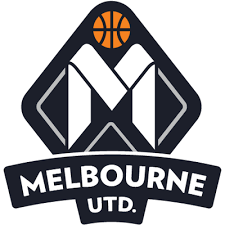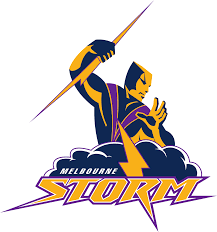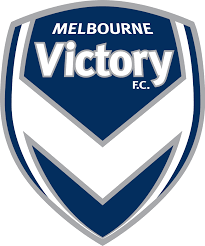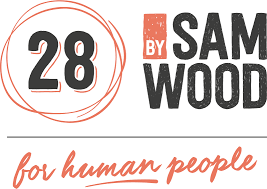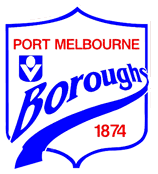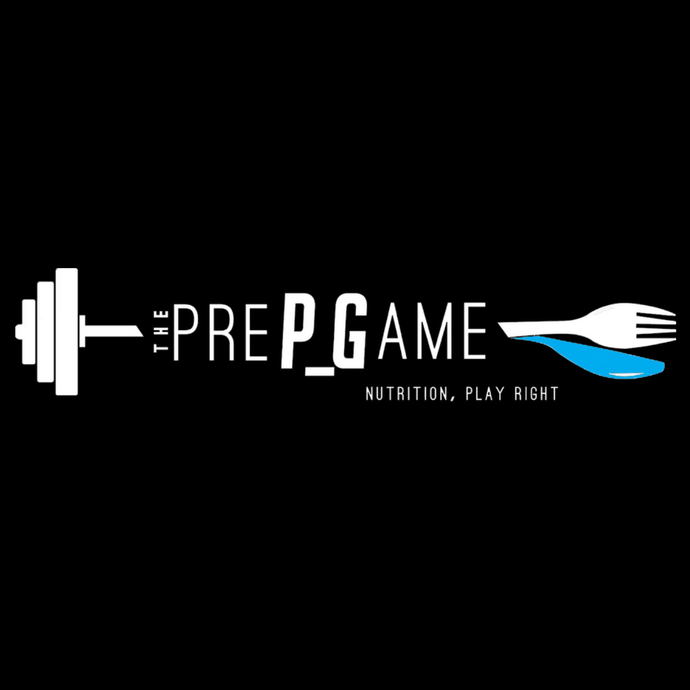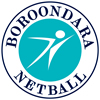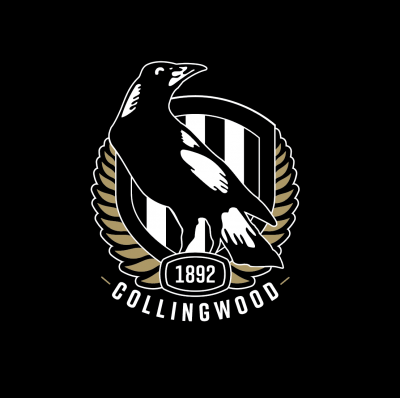Lisa and her family training for Run for the Kids earlier this year. Image courtesy of Herald-Sun article.
Lisa Weightman is one of Australia's best runners - an Olympic and Commonwealth Games marathon runner. Lisa has been training hard over recent months in preparation for the Rio 2016 Olympics, after a break following Peter's birth. You can learn more about Lisa at www.lisaweightman.com.
I first met Lisa when I was working at the VIS a number of years ago, when marathon training was relatively new for Lisa after much success at shorter distances. I have loved hearing of Lisa's marathon achievements since, and her efforts to get back into training and competing at the elite level.
I ran in the Run for the Kids this year with Lisa. Well maybe not with her, she didn't actually know I was there, but I cheered her on as she was passing the other way towards the finish line as I was pretty much just starting (she did get a head start though as she would have had pole position while I started a little further back in the field)!
Lisa has been generous enough to take the time to share with us some of insights into nutrition and hydration for long-distance running:
What are your three top priorities when it comes to nutrition?
1. Balance. I don't believe in fad diets or new products on the market that claim to be the fix for everything! I believe that if we have a range of healthy food in our diet then we have a better chance of covering all the bases for great performance, recovery and general good health.
2. Chocolate isn't all bad. A piece of chocolate or a slice of birthday cake because you are celebrating a milestone shouldn't be feared. Keep the healthy balance going and don't sweat a small treat occasionally.
3. Don't forget to drink. Hydrating is just as important and requires constant attention as the weather changes and your training loads and locations vary. I don't use sports drinks on a regular basis now that I know what works for me in a marathon. Water, some electrolytes and a good cup of tea works well for me.
How does your day-to-day nutrition vary compared to the days leading up to a marathon?
It varies a great deal. Day to day I eat a balanced diet that is pretty consistent. Cereal, fruit, meat, lots of green vegies. When I move into the final week before a marathon I change the amount of protein and carbohydrates I eat that week with the final 3 days leaning to almost a full carbohydrate intake. This is necessary to ensure the muscles have enough glycogen to get me to the finish line.
What is your favourite recovery meal and why?
Post marathon it’s always a lean meat beef burger and hand cut chunky potato chips. I assume that is because the body has seen enough energy gels and sports drink to last a lifetime and all it wants is a big chunk of protein and to replace the salt that is missing!
Post training recovery I love my mum's salmon pattie recipe with a big plate of seasonal vegies (recipe to be posted on Thoughts page in the near future!). The salmon patties contain rice, so they are a good combination of protein-carb-fats and the vegies fill you up ready for a good night sleep post session.
Do you have any special strategies to stay hydrated with your large volume of training? Different from summer to winter?
I don't always get this right as I am a busy mum, working part time and training like an elite athlete (you ARE an elite athlete Lisa!). At times I struggle to remember to drink I must be honest. But it doesn't take much to spring me into action if I do get it wrong as your sessions give it away pretty quickly.
I think winter is harder than summer as you don’t have the same trigger of heat to remind you to drink. So I try to have the same big favourite glass on my desk all the time to remind me to drink. Water bottles go everywhere with me now. My bright "Girl that runs" bottle and my little Pete's "Paw Patrol flask"! Pick a good bottle that you want to take with you, an accessory! That will help!
Any final tips for distance runners?
You need to have a bit of an obsessive nature to be a distance runner, but don't let that take over your common sense. It is ok to have a treat and it is also ok to have a rest day when you need it.
Best wishes for a great run in Rio Lisa!! Follow Lisa on Twitter for training and Olympic preparation updates.







